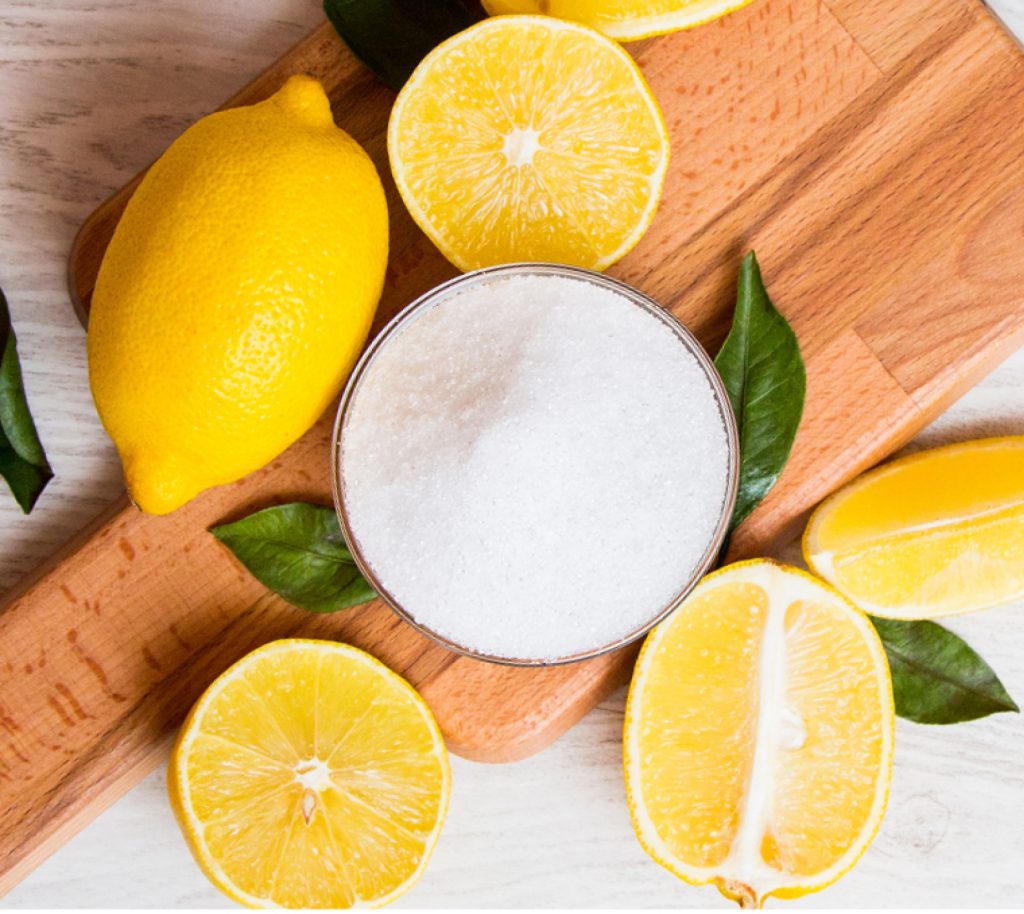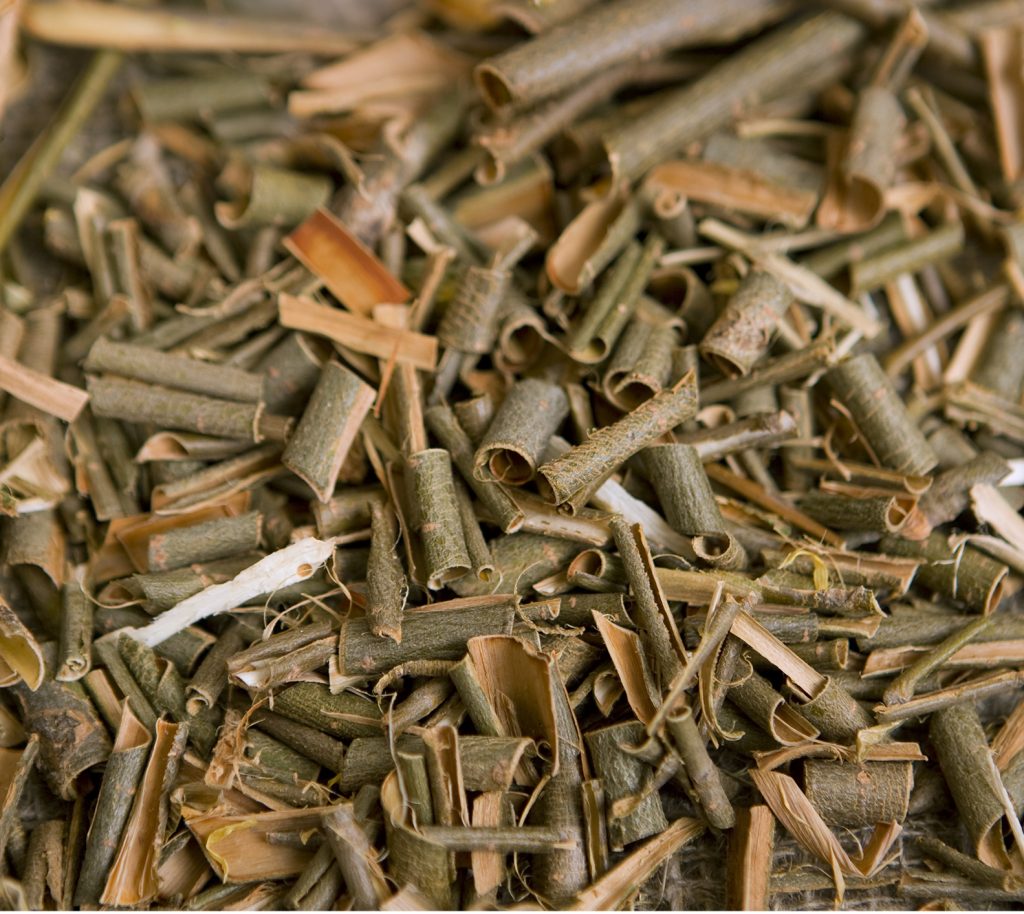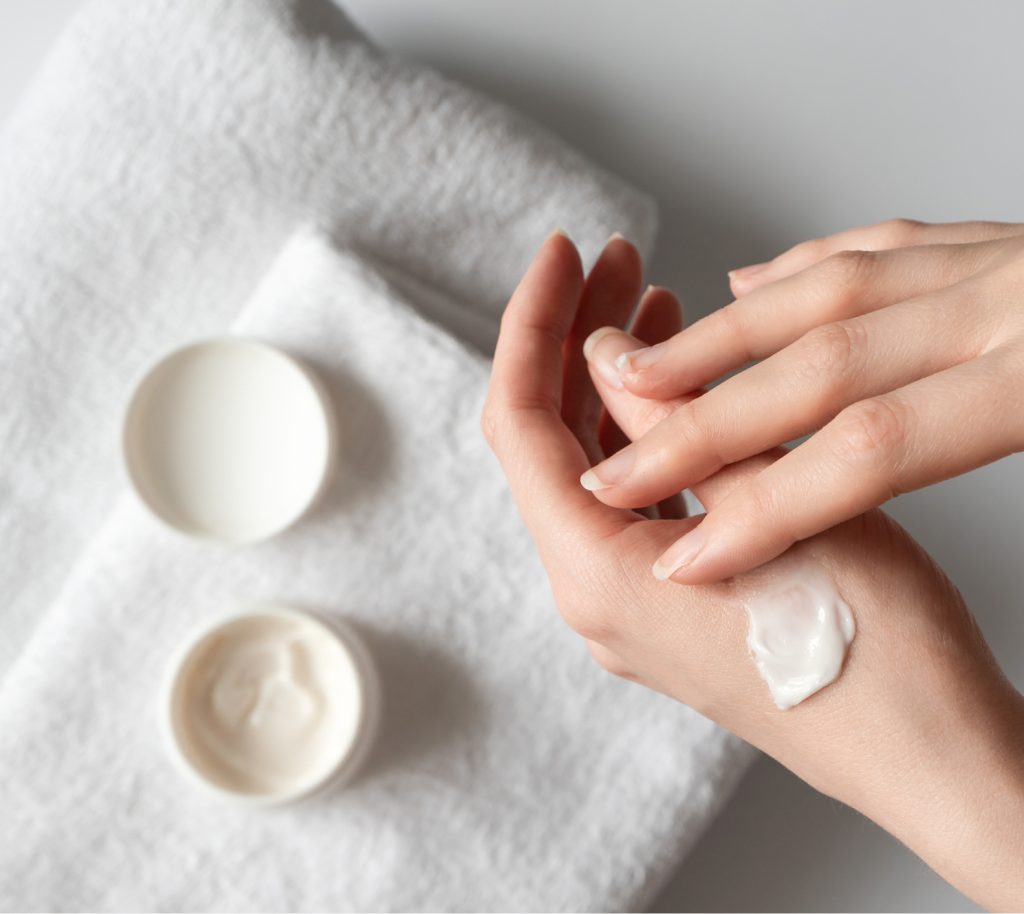Do You Know What’s in Your Skincare Products?
Knowing which ingredients best suit your needs is vital when treating skin concerns or conditions. However, since there are specific guidelines for how ingredients are listed, this can make the ingredient list look more complex than it actually is. All ingredients must be named according to the INCI (International Nomenclature of Cosmetic Ingredients), and this is where it can get confusing. For example, the INCI name for green tea is Camellia sinensis leaf extract. While you reflect on this over a cup of Camellia sinensis leaf extract, an easier tip to remember is that ingredients are also listed in order of quantity. This means that the ingredient at the top of the list is the most abundant.
In this article, we break down the meaning behind some of the most popular ingredients in skincare.
Oily and Acne-Prone Skin
The two popular ingredients commonly found in skin care products are BHAs (Beta-Hydroxy Acids) and salicylic acid.
BHAs
These are oil-soluble acids that target oil glands and decrease oil secretion by deeply penetrating your pores. It’s important that you only use BHAs to treat oily skin, as they can be overly drying for already dry or sensitive skin.
Salicylic acid
This is one of the BHAs and is best known for its exfoliating, pore-cleaning and bacteria-fighting powers. Salicylic acid is particularly beneficial for those who are looking to treat and prevent whiteheads and blackheads.
Anti-Ageing Skincare
Anti-ageing skincare works by ramping up collagen production and cellular turnover to smooth out wrinkles and fine lines, making your skin look brighter, more youthful, and more even-toned.
AHAs (Alpha-hydroxy acids)
These are water-soluble acids, derived from fruits or sugar cane, that stimulate collagen production and lessen wrinkles through exfoliation. Start with a lower concentration until you can tolerate daily use, and always use SPF as AHAs can increase the skin’s sensitivity to UV rays.
Retinol
This ingredient is probably one of the most popular ones in all areas of skincare. Retinol, a fat-soluble derivative of vitamin A, prevents collagen degeneration, encourages skin cell turnover, and strengthens the skin against wrinkle formation. It is safe for all skin types but is most beneficial for those with anti-ageing concerns.
Dry and Sensitive Skin
Soothing and nourishing hydrators are saviours for dry, sensitive skin, especially when you’re dealing with eczema or prone to redness.
Niacinamide
A derivative of vitamin B3 (niacin), niacinamide is praised for its anti-inflammatory, soothing, brightening, and skin tone-evening benefits. It’s generally included in products such as serums and moisturisers.
HA (Hyaluronic acid)
This gentle humectant attracts up to 1,000 times its weight in water to hydrate, smooth, and plump dry, ageing skin. Since our bodies naturally produce this molecule, skincare with HA is generally safe to use on all skin types and is especially beneficial for those in need of deep hydration.
Knowing which products best suit your skin takes time, patience, and a lot of understanding. To adequately treat your skin, we have an easy-to-navigate list of concerns with the ideal products to treat them. Learn more here.


